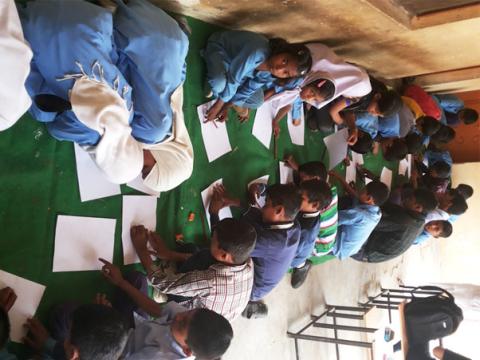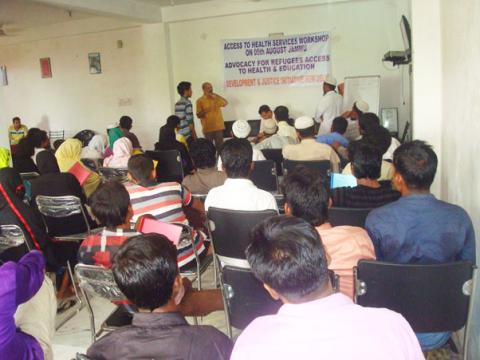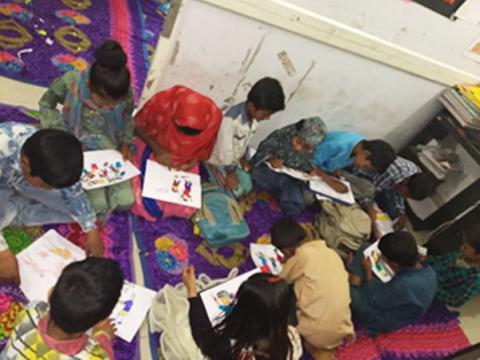There is a growing number of refugees across the world and India is no exception to the global trend. According to United Nations High Commissioner for Refugees (UNHCR) there are at present 35.3 million refugees and 5.4 million asylum seekers. Over half of refugees globally are below the age of 18 and many are women that suffered abuse as they fled their homelands.
India has hosted many refugees and has on the whole, treated the refugee communities well despite not being signatory to the UN Refugee Convention of 1951 and the Refugee Protocol, 1967. However, its treatment of refugees has been highly uneven with some communities getting more favourable treatment and others simply tolerated but not expelled. Even this policy of non-refoulment changed in 2017 with India rejecting the refugee cards issued by UNHCR to Rohingya refugees and wanting to deport them back to Myanmar. India’s policy to deport the Rohingya to Myanmar came at a time when there was global condemnation of Myanmar that genocide against Rohingya continued.
Despite India not being a signatory to the Refugee Convention, it is signatory to Universal Declaration of Human Rights, International Covenant on Civil and Political Rights (ICCPR), Convention on the Elimination of all Forms of Discrimination Against Women (CEDAW), Child Rights Convention (CRC), International Covenant on Economic, Social and Cultural Rights (ICESCR) which create a regime of rights for an asylum seeker. The Indian constitution also mandates the government with a responsibility to uphold the rights of non- citizens as well. The Indian courts at all levels have been prudent to recognize the right of non- refoulement for the asylum seekers. It is noteworthy that the Indian Supreme Court has validated reading of the international law into domestic law.
However, India not being a signatory to the Refugee Convention nor a clear domestic law being in place creates hurdles for the legal protection and access to rights and services for the refugees. They find it hard to get their children admitted to schools and access government health services. While legal lacuna creates barriers, refugees also face difficulties in accessing rights and services due to language barriers.
- Rohingya House Educational Material
- Refugee rights public awareness materials
- The Rohingya in India - Situational Analysis Report 2013
- Report for sanitation improvement in Rohingya Refugee Settlements in Jammu
- Government Health Services Available in Jammu
- Poster for Publication
- Report Consultation On Non-National Children
- Urban Profiling of Refugee Situations in Delhi
- Briefing Paper Rohingya India



